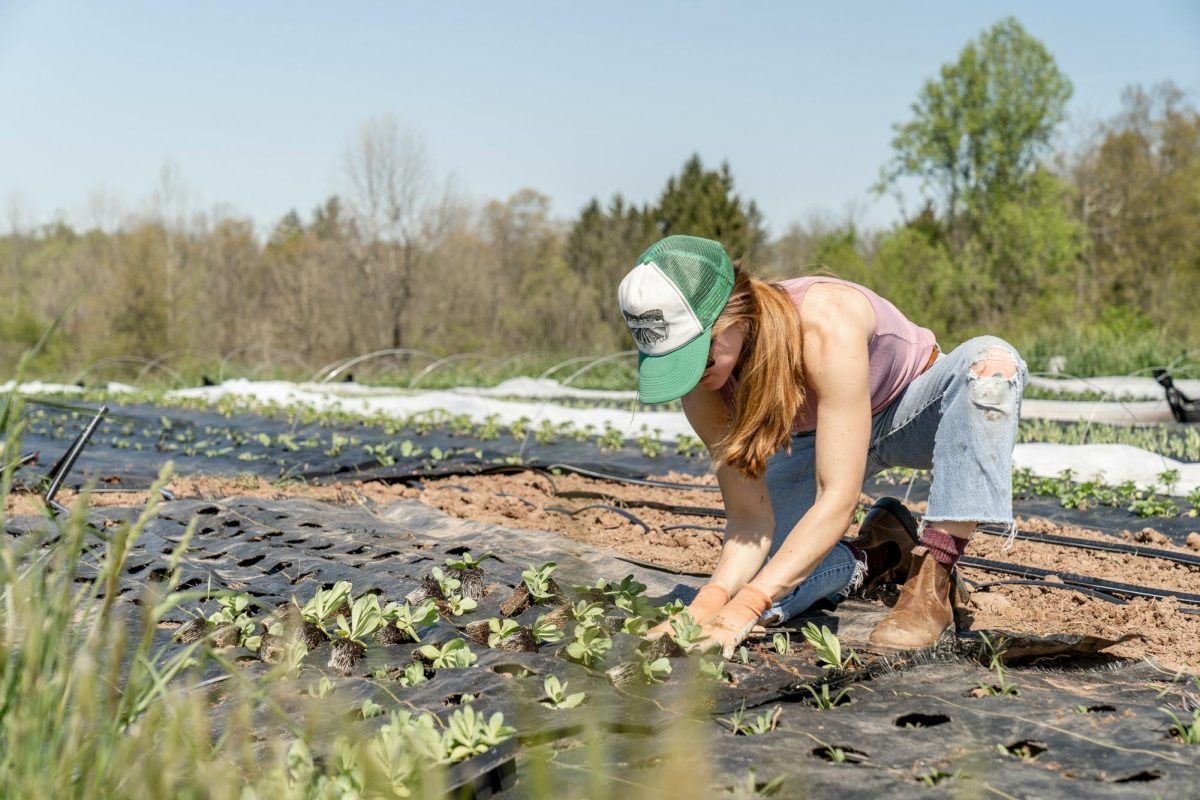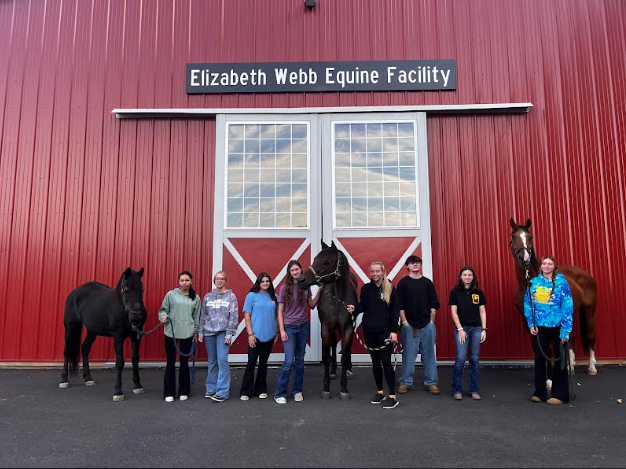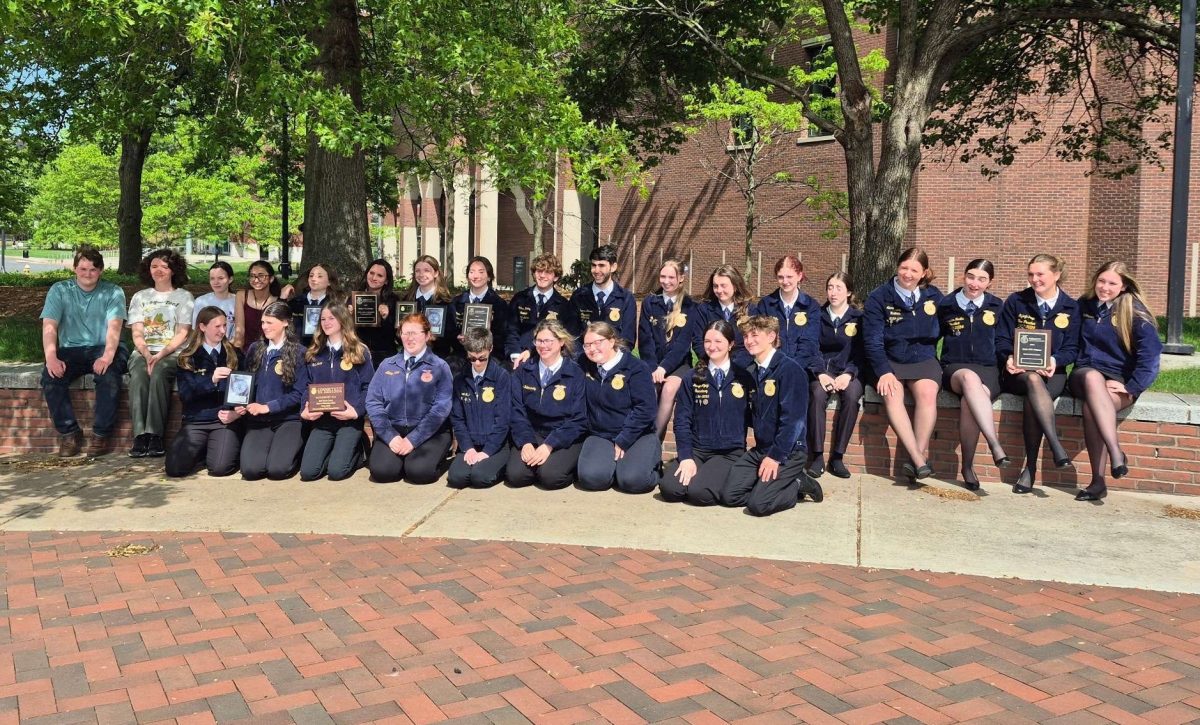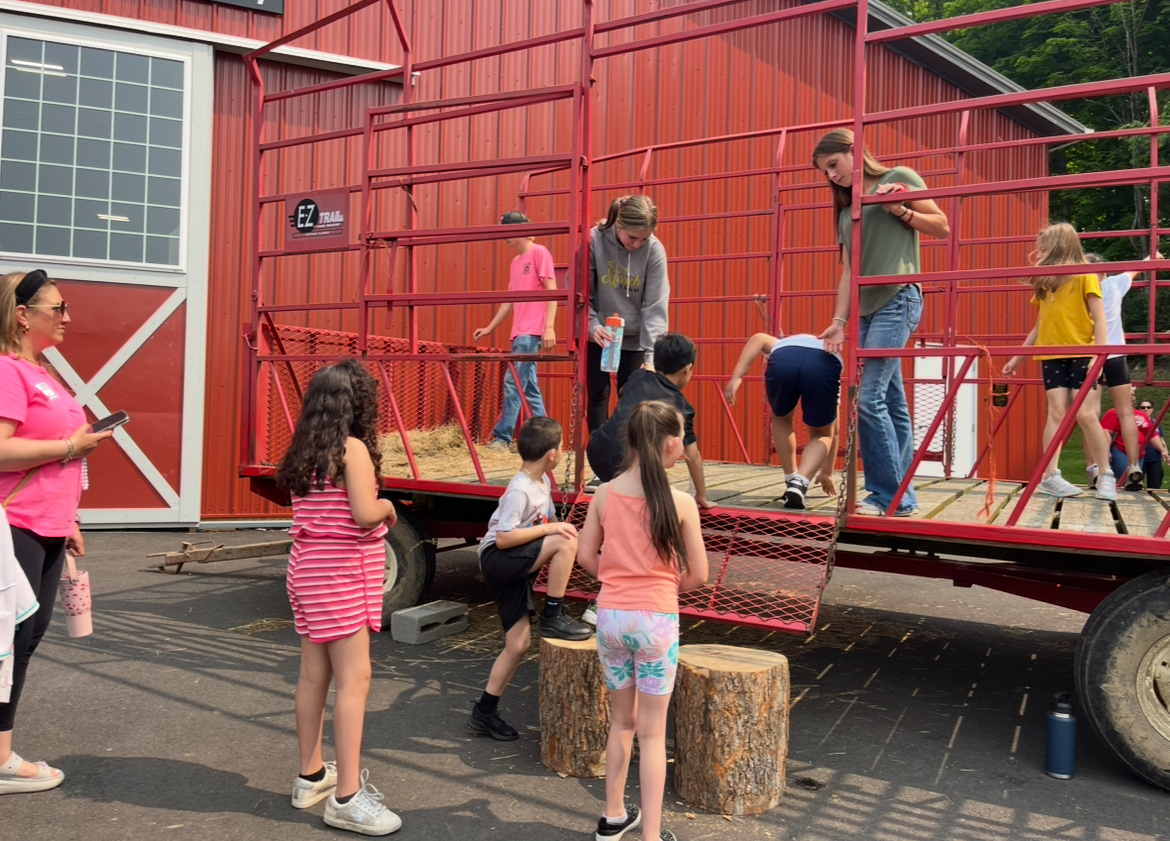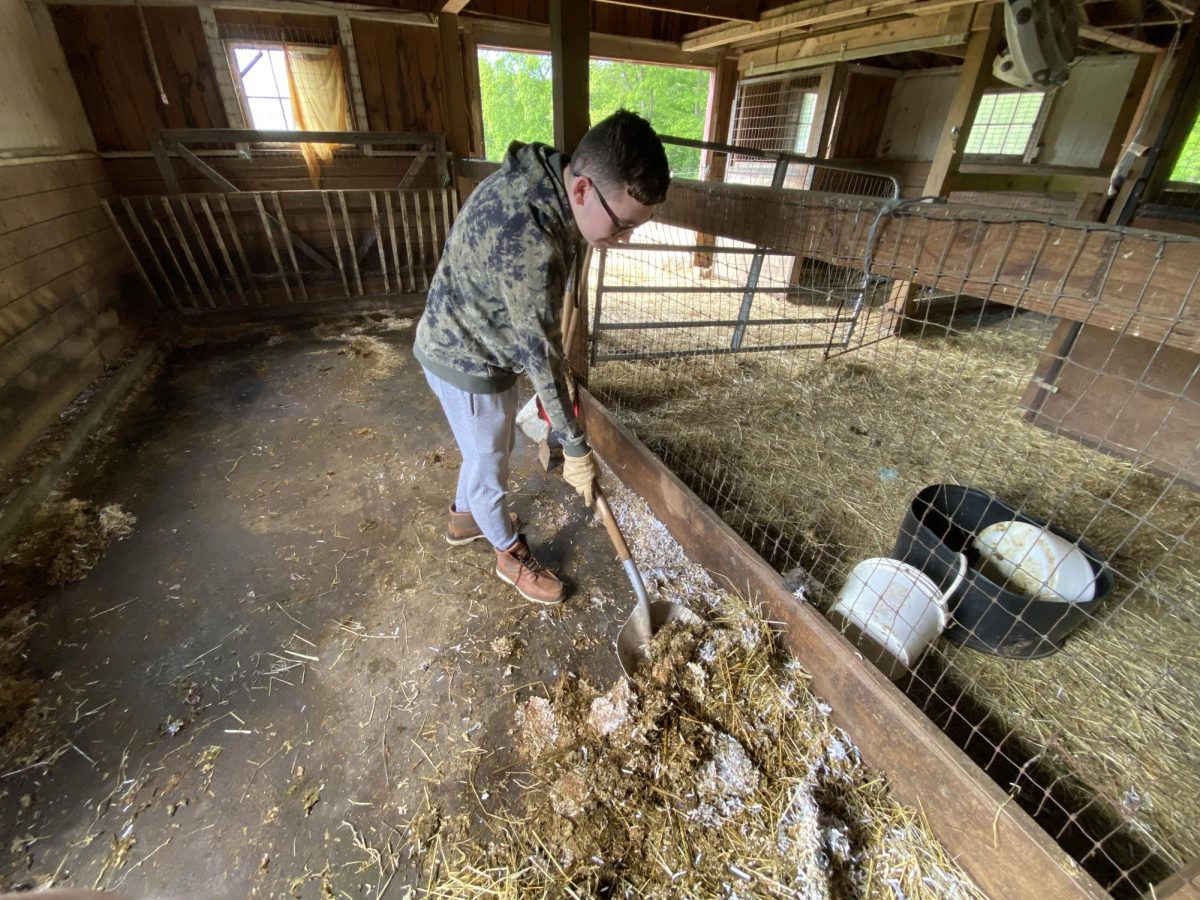WOODBURY — Through the years at Nonnewaug High School, sophomores through seniors always needed to meet the benchmark of 200 hours by the end of the school year for their Supervised Agricultural Experience, but things have changed.
There is a tremendous change to how many hours sophomores need, which is now only 100 hours through the whole school year — half the hours the previous sophomores needed — but also for paid jobs to be fully documented.
“It was brought to our attention that the SAE guidelines were not in line with Connecticut state labor laws,” said NHS principal Mykal Kuslis. “There are three identities that we care about: It is our SAE partners making sure they obey the guidelines students need to follow and to protect our SAE partners, then [for] the students, we have to make sure that we give them placement that will help increase their skills, and finally as an educational institution [to make sure] we are protecting ourselves and making some changes to SAE to help the students.”

This change has created strong reactions from current students and alumni who are accustomed to the prior requirements.
“I understand that some other circumstances are happening that will make it more difficult for young students to find paid jobs,” said Jennifer Jedd, NHS SAE Coordinator. “We need to follow the labor laws set by the state; I look forward to having young students be ready for paying jobs and getting the job experience at a young age will help them in the future.”
For NHS students, finding the ideal hour requirement can be challenging.
“I feel they should have a 150-hour benchmark,” says sophomore Niko Alonza, who just hit his 200th SAE hour benchmark, which will surpass the requirement. “Some kids won’t gain as much learning experience or communication skills as they would if they worked more hours.”
The hour change for freshmen transitioning to sophomores over the summer has been lowered to require 50 hours over the summer and 50 hours during the school year.
“I believe that the SAE hour change will help me and all the incoming sophomores,” said freshman Kailey Townsend. “Tons of kids don’t have jobs, and I believe SAE helps the students at Nonnewaug.”
The new SAE hour requirements bring up a question from NHS upperclassmen: Is this fair for previous students who worked so hard to meet the 100-hour goal for the summer and the 100 hours during the school year? Does the school year interfere with students meeting their 100-hour goal or does it help students?
“Lowering the hours also helps many students with sports and after-school activities,” added Alonza. “We are still just kids and still want to go out and not work 24/7, so the hour change will be helpful for incoming sophomores.”
Everyone has opinions about SAE, and lowering the hours may benefit people who do sports and after-school activities.
Since SAE now requires students to have a W-2 form when getting paid for their work, it might cause students some challenges along the way since tax situations are new for many students.
But being on the payroll helps improve students’ learning skills, and the shortened hours will give students the chance to find an SAE that doesn’t take advantage of them or pay them unfairly.
“Here is where the difficult part will come in,” added Kuslis. “I believe kids will still work for local farms, but the high friction point becomes if those farms don’t follow the guidelines or have a W-2 form, the students will have to look for another job. That is where the biggest issues fall, but I will say the changes made where for the better for everyone.”



